Mental health: using medication, therapy, and religious support (Opinion)
Welcome to The Mav’s mental health editorial series: The Patchwork Project
March 3, 2022
All opinions are those of the writers themselves and do not promote any official view or stance of Mead High School or St. Vrain Valley Schools.
This article contains sensitive discussion surrounding anxiety, depression, and suicidal thoughts that may be triggering to some readers. Reader discretion is advised. If you or someone you know is experiencing self harm, suicidal thoughts, or any other safety or mental health concerns, please refer to the professional medical resources found at the bottom of this page.
My life has had its ups and downs. The downs have always been hard to talk about. Since I was about six years old, I have lived with a chemical imbalance in my brain. This resulted in an anxiety and depression disorder. The symptoms progressively grew worse.
In my life, I was always taught by my family and other kids around me to “toughen up, buttercup!” To this day, I still feel uncomfortable when people see me cry. I felt guilty for showing any “negative emotion”.
I was not the most popular kid in school. My days were often filled with bullying. I quickly learned that as soon as you forgive someone who has wronged you in any way, the sooner you can move on and live happier. Yes, it is important to process and feel the sting from an experience, but if you keep clinging onto that experience, the pain and damage will never heal.
When I was about 10 or 11, I started to deal with suicidal thoughts. I thought that if everyone hated me so much (which was not true — depression distorts the truth), maybe I should just pack my bags and go to Heaven. This terrified my parents and I finally opened up about all the things going on in my brain. I was scared — terrified that they would lock me up in some asylum. I didn’t want to admit that I wasn’t “normal”. I didn’t want to admit how broken I was inside because then this sadness and pain might become real.
I have gotten better through this with therapy, medication, and God.
I refused to see a therapist for years, until eighth grade, when I started having panic attacks daily from not being able to handle the sensory input around me. Certain shouts and crowds could even set me off. I was able to open up and find out the reasons behind why my brain is how it is.
About a year later, I started to develop ways to handle my anxiety with the help of my therapist. But the worsened depression didn’t allow me to concentrate in school. I was numb.
During this time, I learned that people who really care about you will stick around to see you heal. These people can help build you up and be a shoulder to cry on when you need it.
From this experience, I also got over my fear of medication. I always thought that antidepressants could mess up someone’s personality, and I was scared that this would happen to me. My parents have always been there trying to help. They persuaded me to give antidepressants a try. The medicine works to regulate chemical imbalances. It has improved my mood and made me myself again.
Worship at church soothes me. I cast my worries to God and feel safe in his presence. At church I learn to become a better person. I try to volunteer and take care of others. This can give a sense of purpose, and it breaks the lies about your worth that depression feeds off of.
Being at peace out in nature doing nothing— but appreciating it and living in the moment needs to be normalized. We don’t need to be doing something every second of every day. We can sit in the silence of the day. There is no need to be surrounded by work or the world of technology all the time.
Nature and music calm my anxiety.
Mental health is an important thing to take care of. Stigma can be harmful to the contentment and happiness of our lives. We as a society need to work to regard both physical and mental health as simply human health. We need to share our stories with one another and help each other out. We are all on the same team and need to spread as much kindness and goodness as we can.
If you or someone you know is seriously struggling negatively with mental health or mental illness, has been practicing unhealthy coping mechanisms, or is experiencing any form of suicidal thoughts or ideations, please reach out for help.
In case of an emergency in personal health and safety, call 911.
The Weld County crisis walk-in service, North Range Behavioral Health, can be found on 928 12th St., Greeley, CO 80631. For Boulder County, Boulder Crisis Services can be reached at (844) 493-8255.
The local crisis phone number, available 24/7, is the following: (970) 347-2120
If not in a crisis, the North Range Warm Line is available from 10 a.m. to 10 p.m. every day and offers professional mental health services for free. They can be found at (970) 347-2359. This service is also available in Spanish.
Colorado Crisis Services can be found at (844) 493-8255. You can also text “TALK” to 38255.
The National Suicide Prevention Lifeline can be found at (800) 273-8255 for those in serious and immediate threats to safety.
Other mental health resources include the North Colorado Medical Center/Banner Health — you can call (970) 810-4121 or visit 1801 16th St., Greeley, CO 80631 — as well as the UCHealth Greeley Hospital. The hospital can be reached at (970) 652-2000. Their address is 6767 W. 29th St., Greeley, CO 80634.

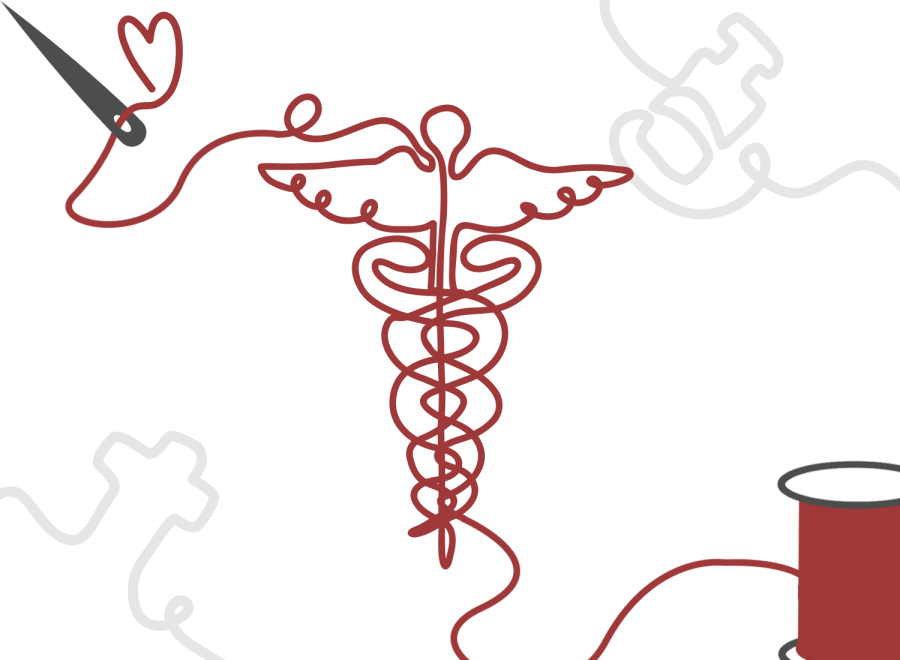
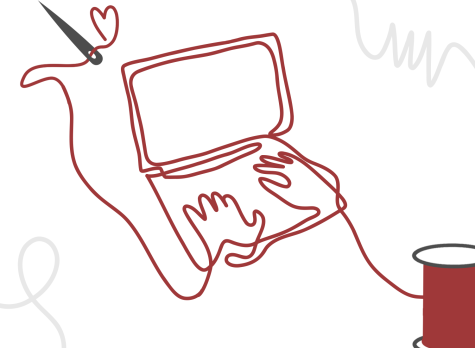
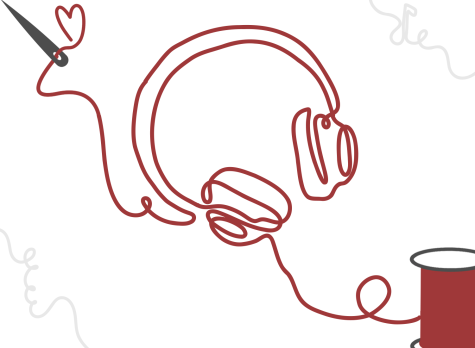
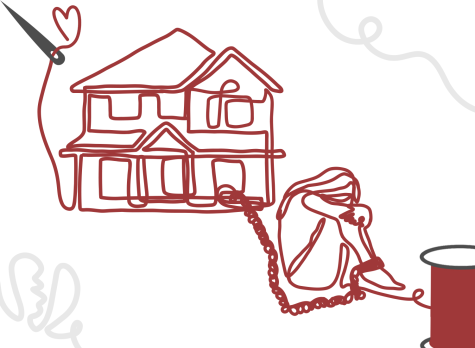
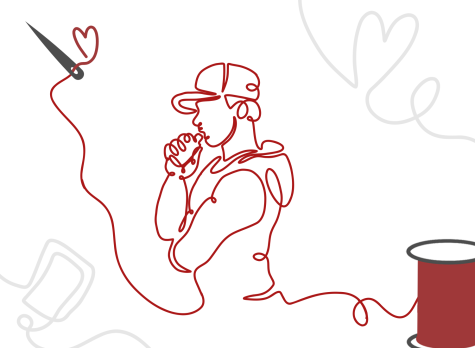
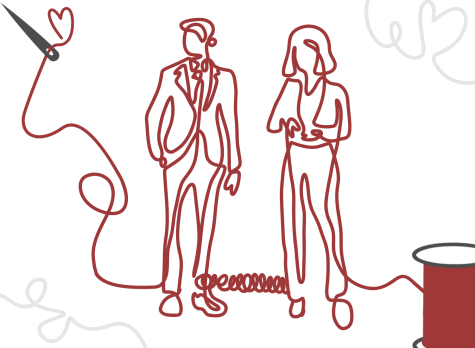
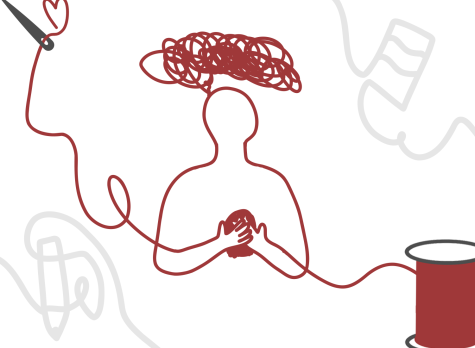
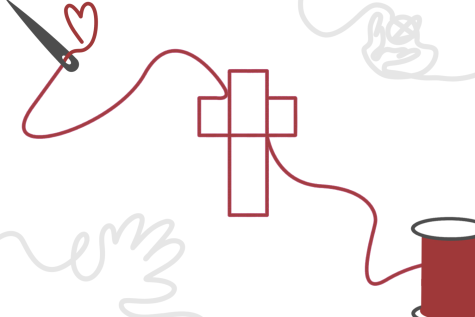


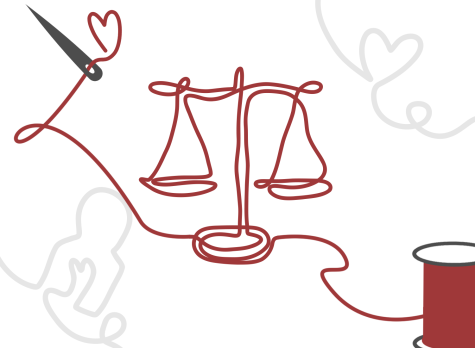
Ms. Long • Mar 15, 2022 at 11:09 am
Thank you for being able to share your thoughts and help take away the stigma of talking to a therapist and taking medication when appropriate. I know that teens feel very alone with their depression and/or anxiety, but please know that many adults also deal with these as well and understand your struggles. You may be surprised at the number of school staff and teachers who either see a therapist and/or take anti-depressants. I’m not ashamed to say that I have taken advantage of our Employee Assistance Program many times to talk to a counselor and have taken medication in the past. If any teens are worried about cost, ask your parents if their workplace offers an Employee Assistance Program. Most of these offer 6 free visits with a counselor per issue. There are also posters in the counseling office about a free service that the state of Colorado offers for teens. It’s called IMatter and offers up to 6 free, confidential counseling sessions. More information can be found at https://imattercolorado.org/